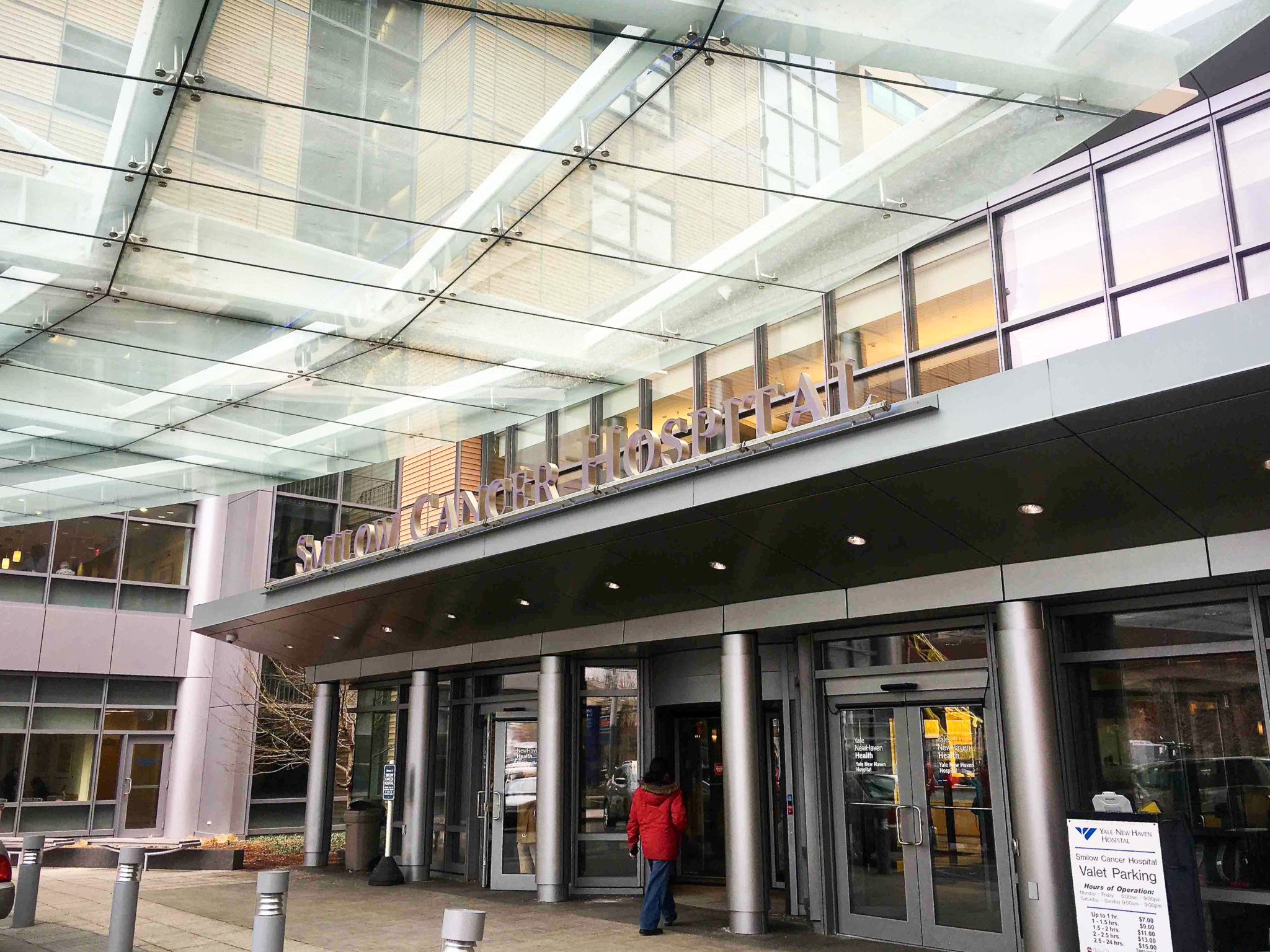
Kristina Kim
Yale New Haven Health’s Smilow Cancer Hospital is the first hospital in Connecticut to use an innovative new immunotherapy called chimeric antigen receptor T-cell therapy, or CAR T-cell therapy, according to a press release from the hospital.
“CAR T is an exciting new form of immunotherapy for certain blood cancers that is proving effective in patients with certain recurrent or resistant blood cancers,” said Stuart Seropian, the co-director of Smilow Cancer Hospital’s CAR T-Cell Therapy Program, in the press release.
CAR T-cell therapy — which alters patients’ immune cells so that they attack and destroy cancer cells — has cured patients of blood cancers after other treatment options have failed. In 2017, the Food and Drug Administration approved CAR T-cell therapy for treating adult patients with non-Hodgkin’s lymphoma, but only if two other treatment options have already failed. It is also approved for patients up to 25 years old who have acute lymphoblastic leukemia.
“[The approval] marks another milestone in the development of a whole new scientific paradigm for the treatment of serious diseases,” then-FDA Commissioner Scott Gottlieb said in an FDA press release in 2017. “In just several decades, gene therapy has gone from being a promising concept to a practical solution to deadly and largely untreatable forms of cancer.”
Treatment with CAR T-cell therapy has shown 80 to 90 percent remission rates in children with acute lymphoblastic leukemia — the most common cancer that children develop — and a 40 to 50 percent remission rate in adults with an aggressive type of non-Hodgkin’s lymphoma, according to the press release.
The therapy, however, comes with a hefty price tag. Forbes reported in 2017 that the pharmaceutical company Novartis priced the service at $475,000.
“Health insurers are preparing their coverage policies for the FDA-approved therapies,” the Dana-Farber Cancer Institute website states. “In the meantime, coverage is reviewed on a case-by-case basis as is typical when new therapies are first approved.”
Yale School of Medicine professor Samuel Katz, whose laboratory studies novel ways to reprogram T-cells, said that the price of the therapy is on par with other treatments such as heart, bone marrow and kidney transplants. He noted that as scientists further develop the therapy and the technology advances, the price for CAR T-cell therapy will likely go down. Katz added that the new therapy is “very effective.”
“This treatment has the potential to destroy cancer cells that have evolved mechanisms to escape the normal immune system defenses,” said Iris Isufi, a Smilow Cancer Hospital hematologist. “Response rates surpass those of any currently available therapies in these disease categories. Furthermore, for some patients who achieve complete disease remission, stem cell transplantation may no longer be necessary, sparing them long-term side effects.”
The Smilow Cancer Hospital is one of 49 hospitals nationwide that the National Cancer Institute designates as offering comprehensive cancer care.
Marisa Peryer | marisa.peryer@yale.edu







